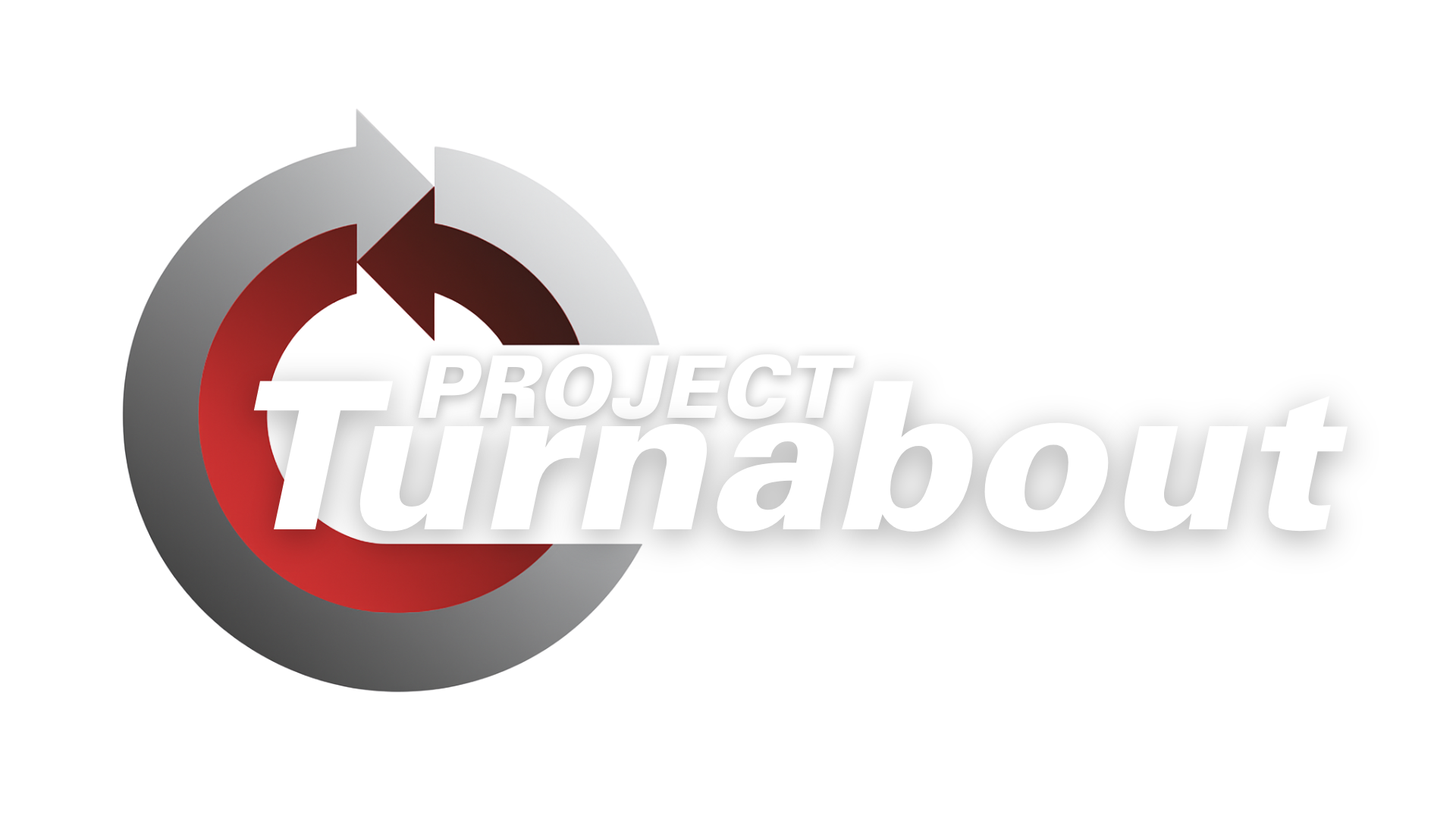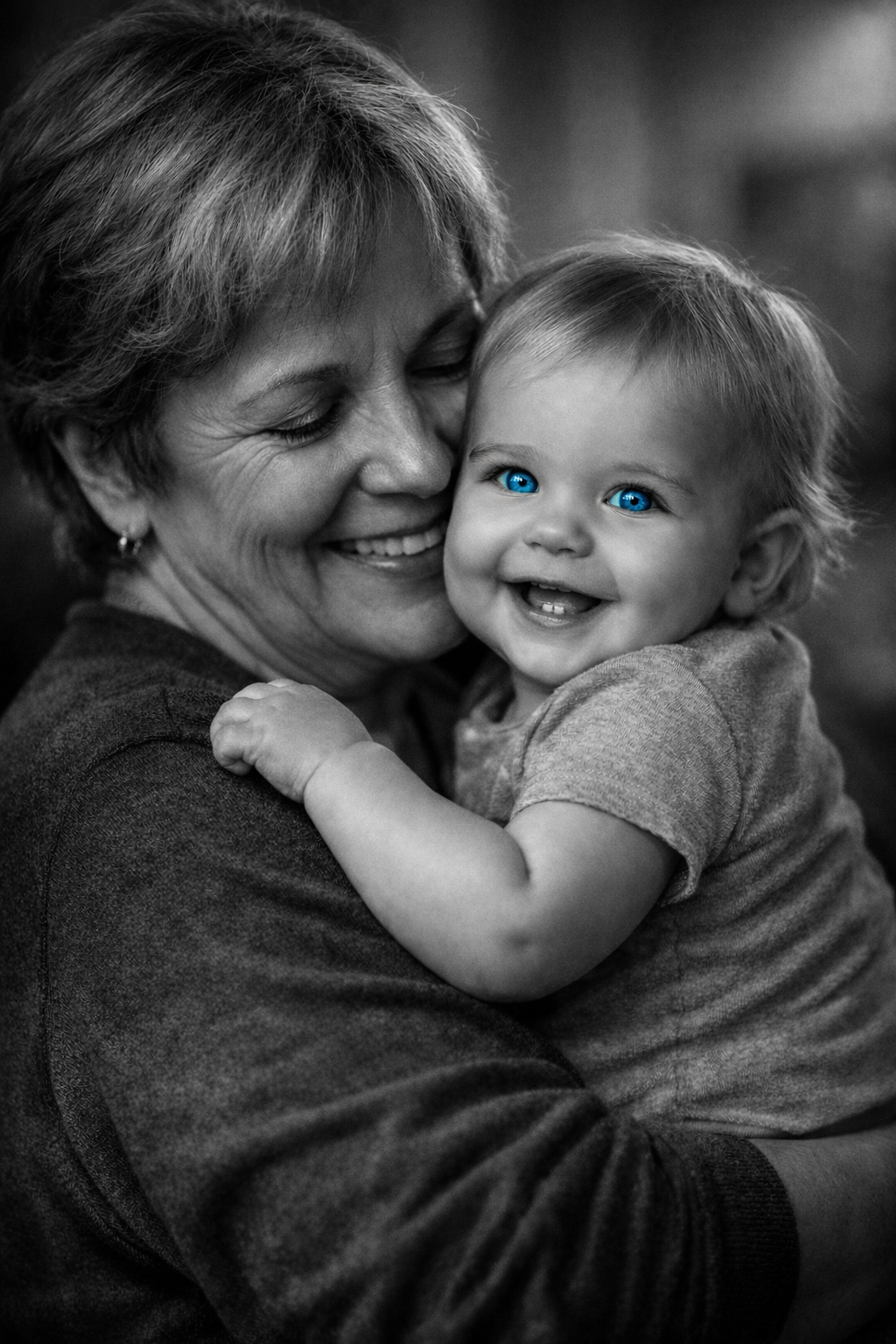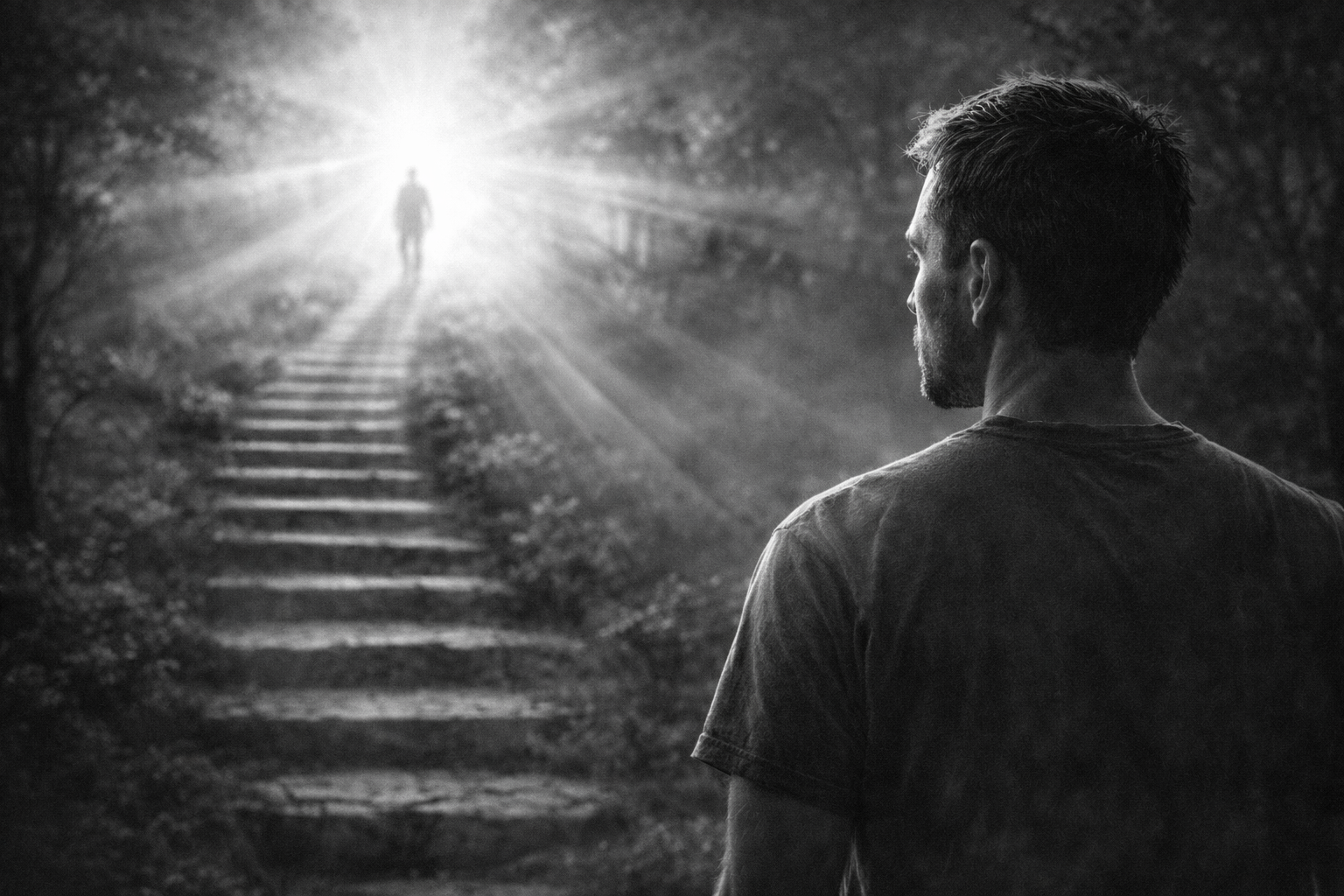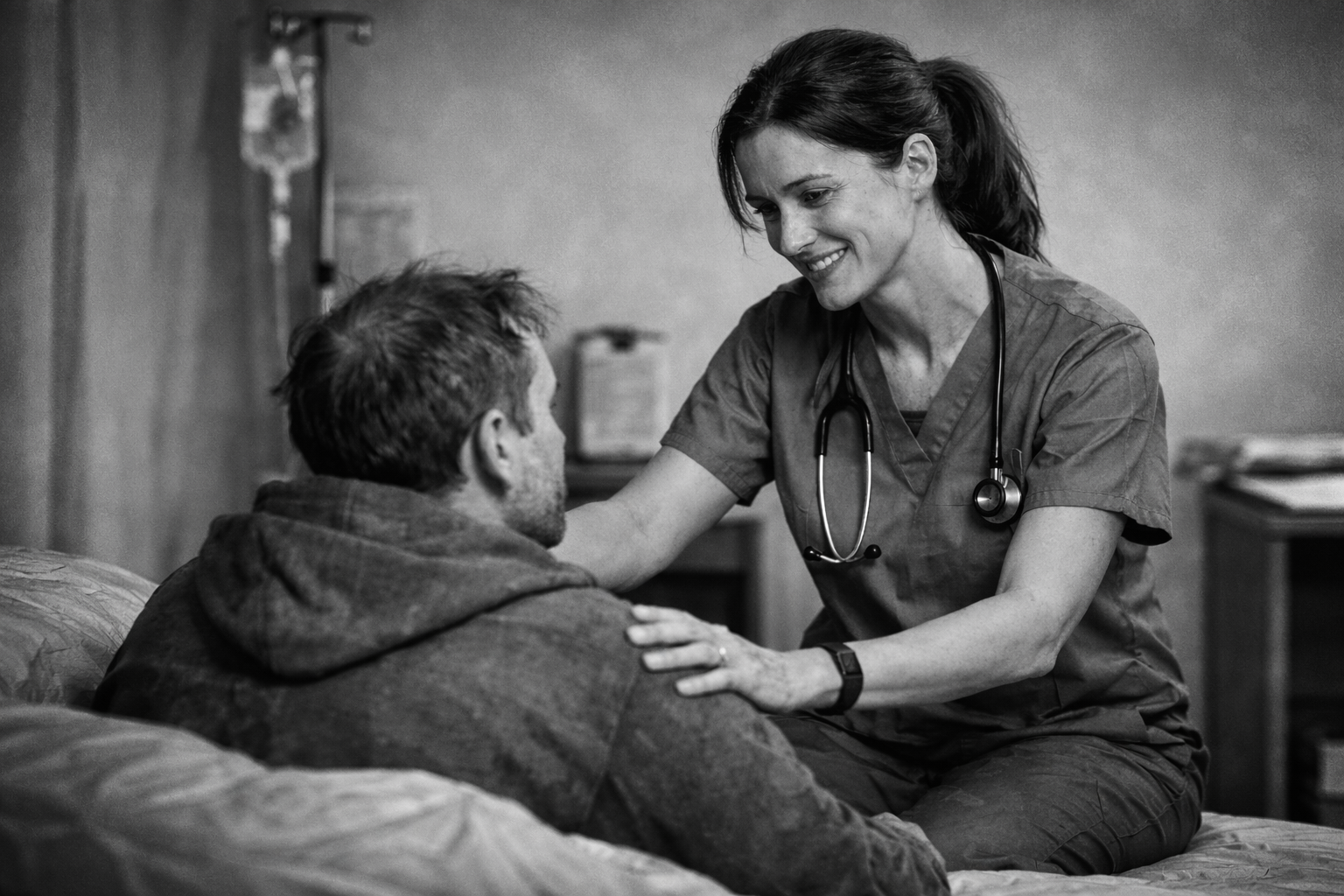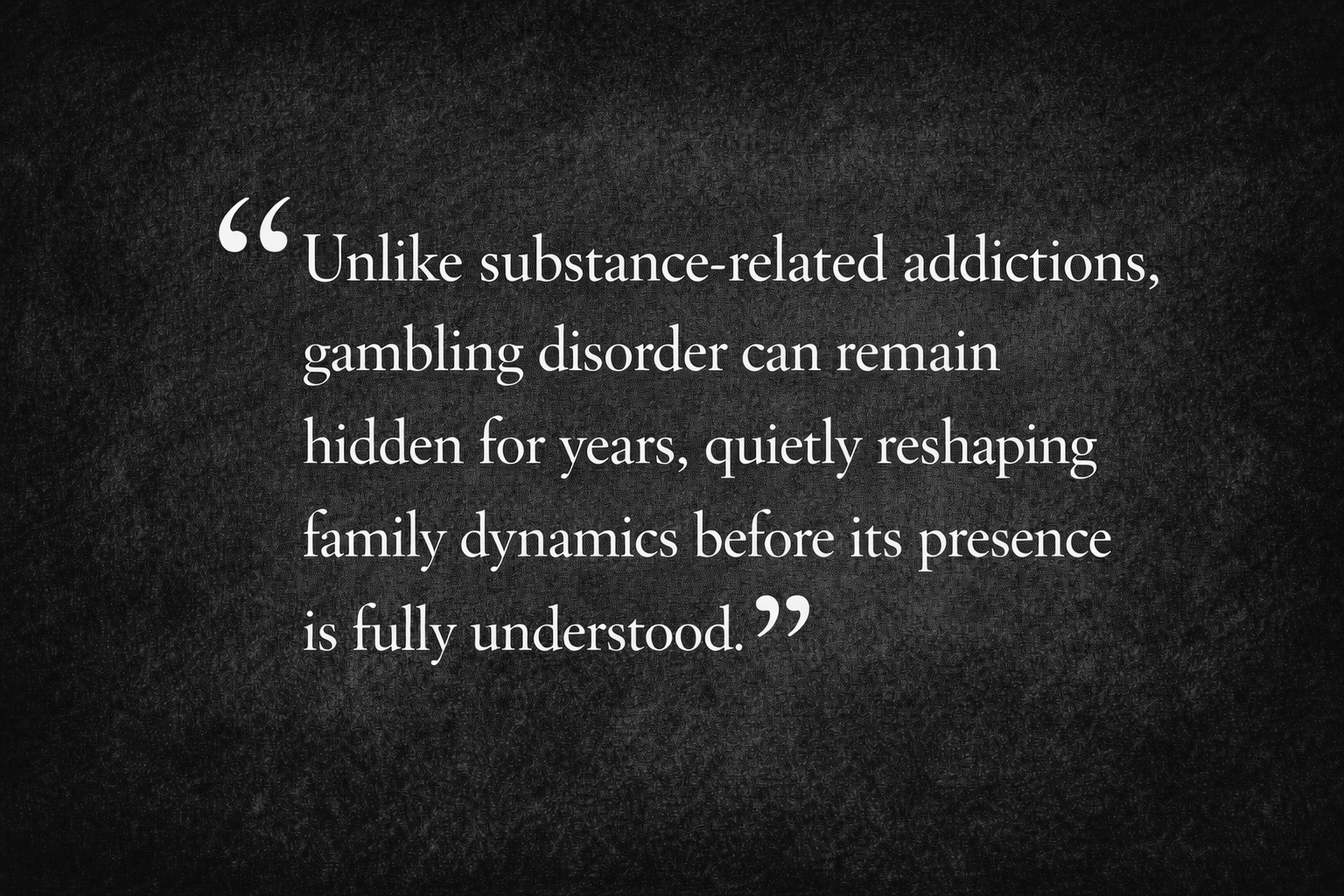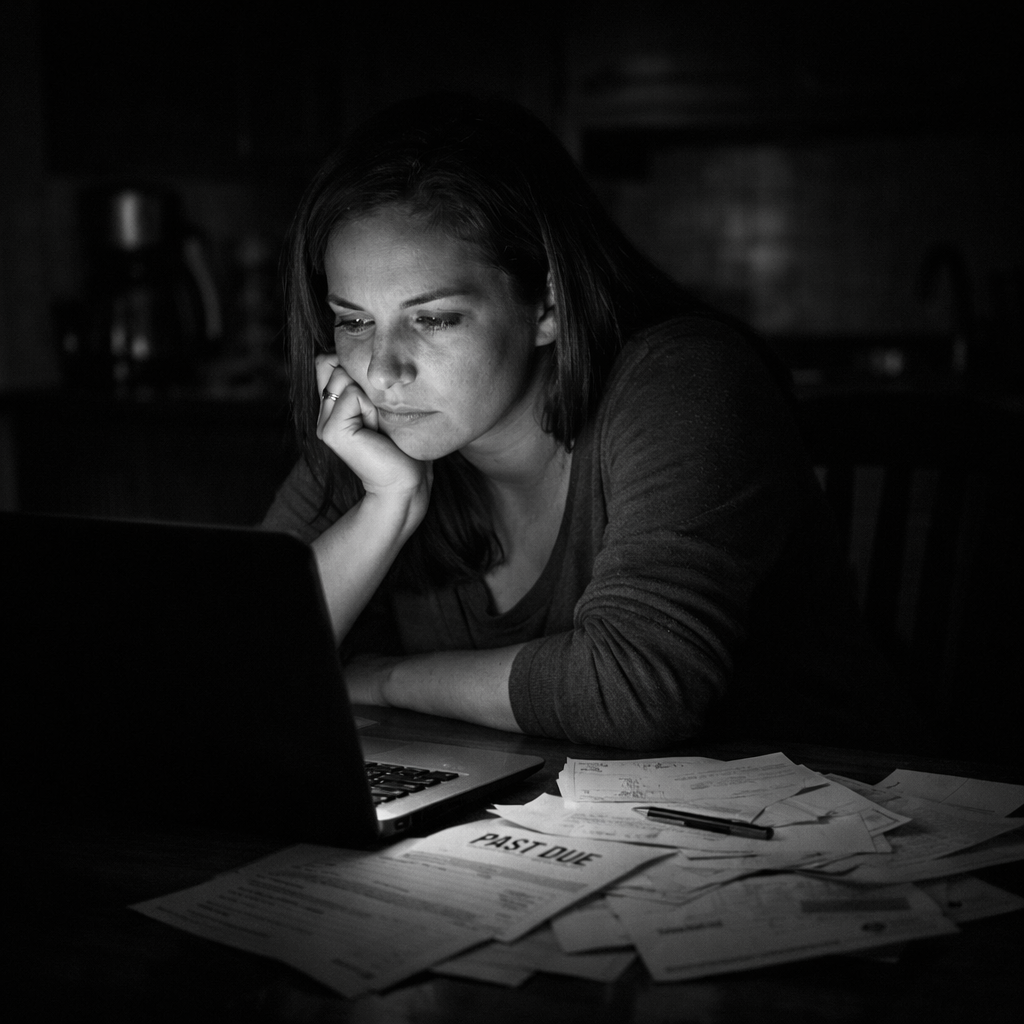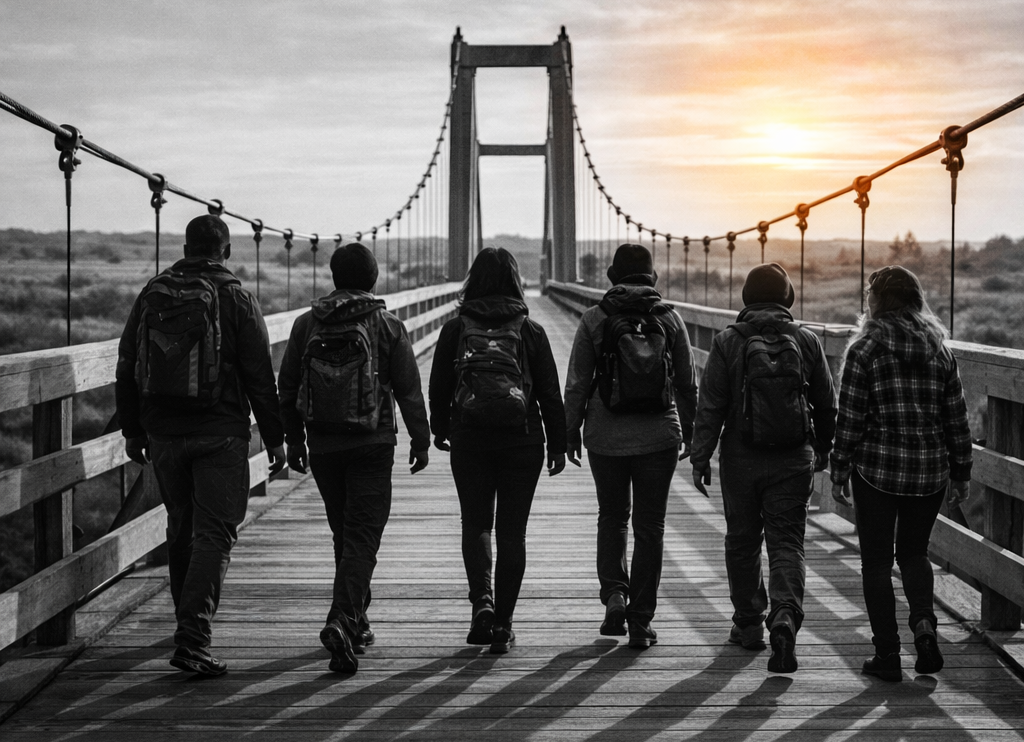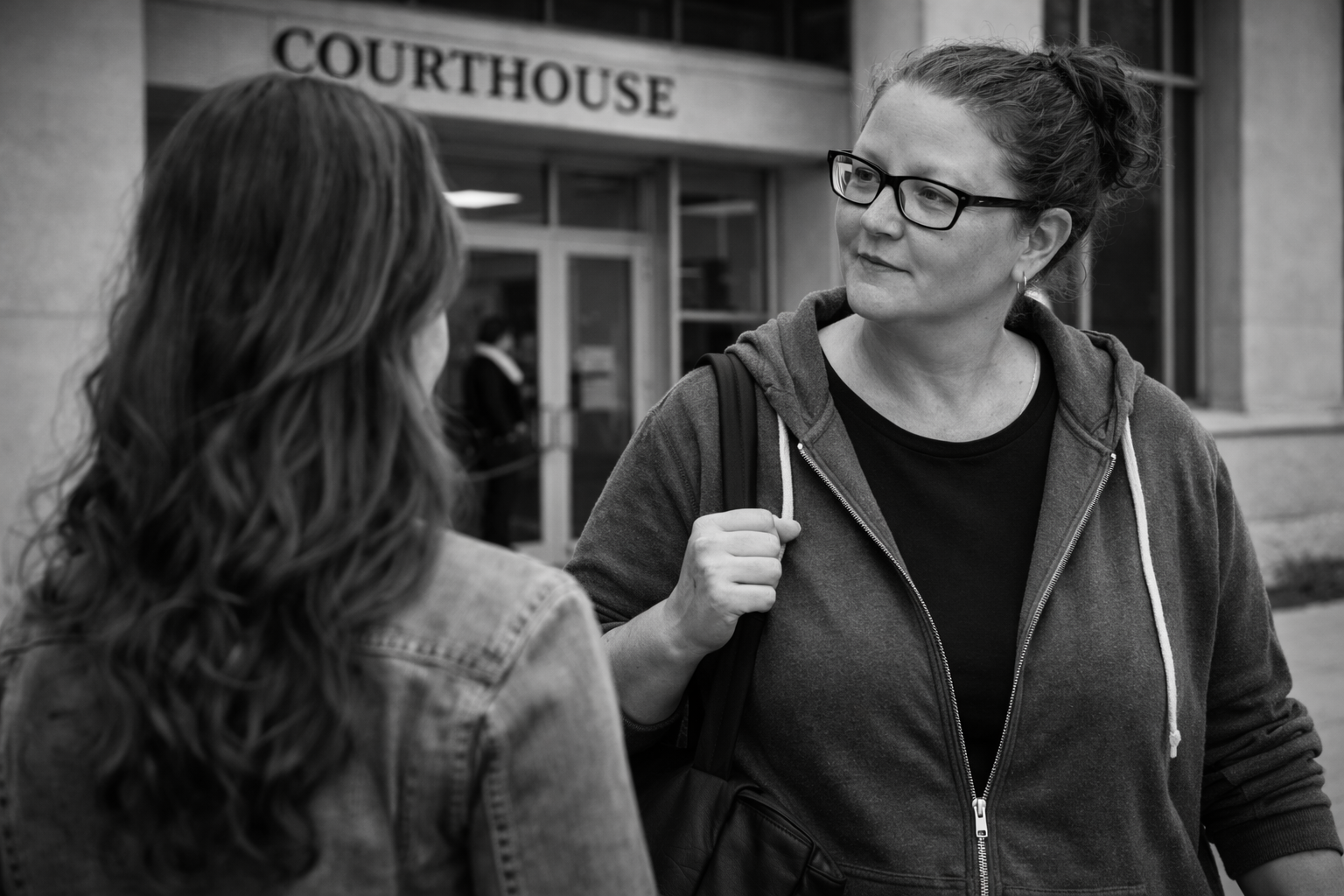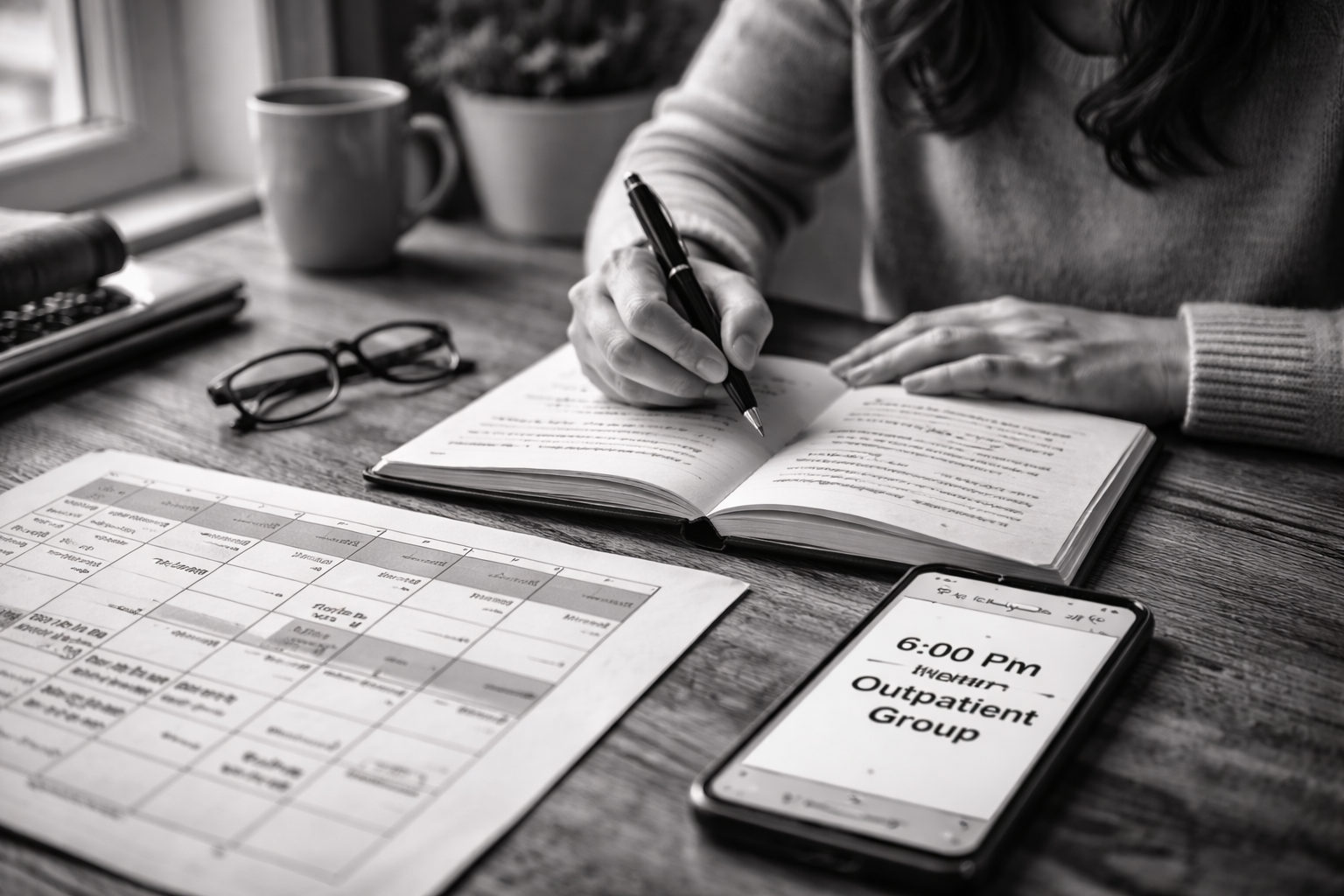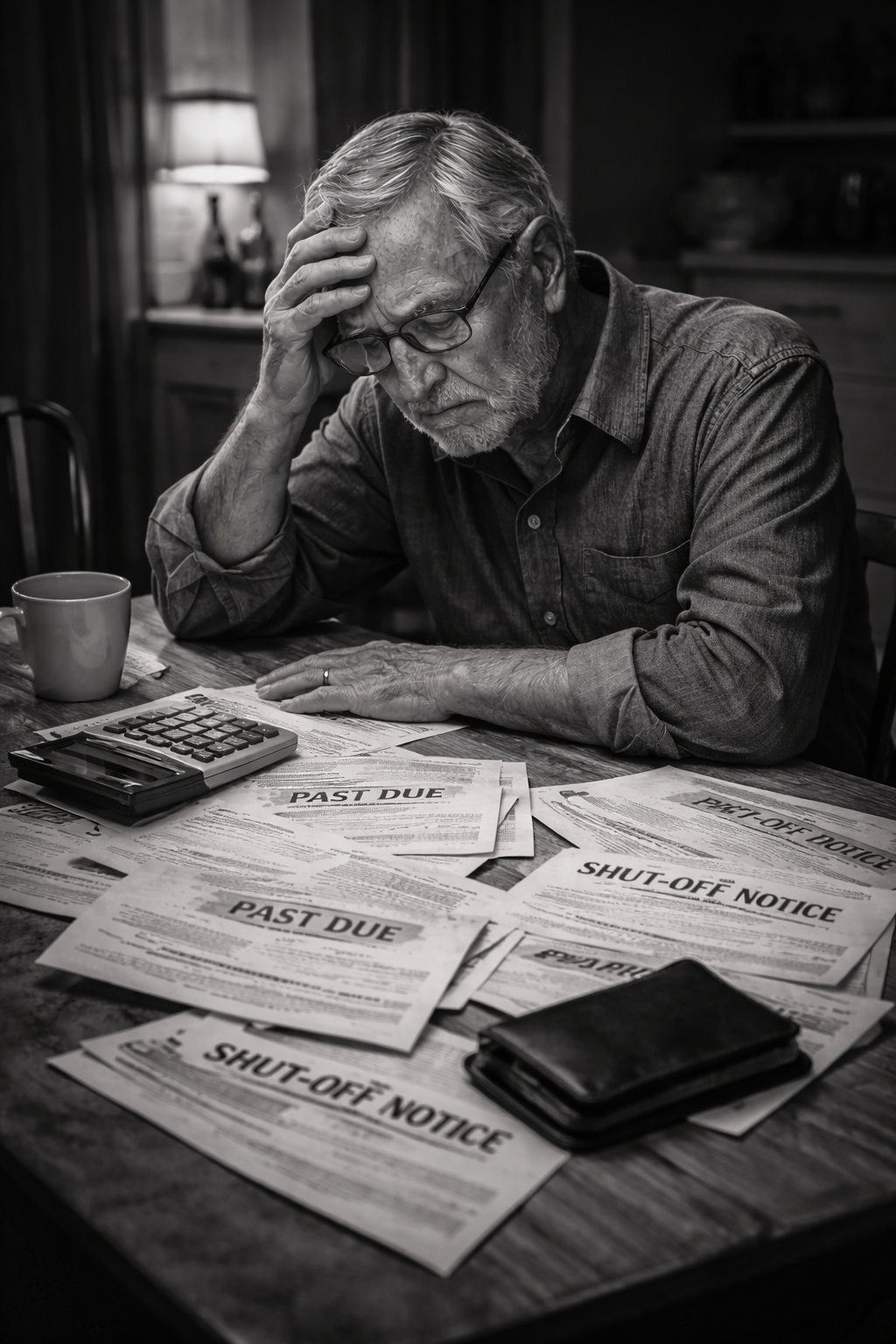Letting Go, Finding Shore

Often it feels like we’re caught in a wave’s undertow — pulled under, tumbling, panicked. The harder we kick and claw, the more tired we get. The more we struggle, the closer we come to real harm. That’s the terrible math of addiction: resistance eats us alive.
Surrender doesn’t mean we stop caring. It doesn’t mean we give up on life. It means, finally, we stop fighting a force we were never meant to fight alone. When we surrender, we stop exhausting ourselves trying to control every current and instead let the wave do what waves do: carry us.
That moment of surrender — when we let the rush be what it is — is the first place where hope can find a steady foothold.
In recovery, surrender is the first honest breath. Hope is what follows.
What we mean by surrender
In recovery we say “surrender” a lot, and sometimes it sounds scary. Let’s clear it up:
- Surrender is admitting the truth to ourselves: what we’ve been doing isn’t working.
- Surrender is stopping the fight long enough to ask for help.
- Surrender looks like picking up the phone, walking into a meeting, raising our hand, or saying the words, “I can’t do this alone.”
What hope looks like after we surrender
Hope in recovery isn’t a promise that everything will be perfect.
- Hope is watching someone else tell their story and believing, “If they could get through that, maybe I can too.”
- Hope is the tiny confidence that tomorrow’s cravings can be handled — one hour, one meeting, one day at a time.
- Hope is the experience of small wins stacking up: a morning we woke up sober, a difficult conversation we handled without numbness, a day without drinking or using.
When we surrender, we open the door to hope. Hope gives us the courage to take the next step; surrender gives us the willingness to try.
How surrender and hope work together in recovery
They balance each other. If we surrender without hope, it can feel like defeat. If we have hope but keep white-knuckling alone, it will burn out. Surrender and hope together become forward motion: acceptance for today, belief for tomorrow.
We surrender to stop wasting energy on things we cannot control. We hold hope so that surrender doesn’t become resignation. That’s the sweet middle ground — acceptance with expectancy.
Practical steps — what we can do right now
- Stop fighting for a minute. Breathe. Give yourself sixty seconds to drop the struggle. Name one thing out loud: “Right now I am overwhelmed.” Saying it cracks the shell around us.
- Call one person. A sponsor, a friend, a meeting line — someone who knows what to do. We don’t have to explain everything; we just have to reach out.
- Get to a meeting or a peer-support space. Hearing other voices, listening to somebody else say they used to feel the same way, is medicine.
- Make a safety plan. One concrete action: stay with someone, avoid certain places, remove paraphernalia, or give a friend our keys. Surrender the illusion of control by naming safeguards.
- Try acceptance first, then action. We practice acceptance (I’m struggling) and then choose one tiny action (walk outside, call a sponsor, put on the kettle).
- Keep a short list of reasons to hold on. Whenever thoughts tell us otherwise, read the list — kids, a song, a sunrise, one person who believed in us. Hope often lives in small things.
- Be patient with relapses. If we slip, it’s a signal, not a sentence. We return to surrender and hope: honest admission, reach out, get back to the plan.
What to say to ourselves when the undertow grabs hold
We don’t have to pretend it’s not happening. We can say, “This is happening, and I will not do it alone.” We can remind ourselves: one honest moment leads to another. When we admit the truth we make room for help.
Words from the recovery
We learn to trust the process: keep coming back, do the next right thing, one day at a time. We learn that faith is willingness. Willingness to let go of our tight grip and take another hand when it’s offered.
A small invitation
If you’ve been treading water for a long time, try this tonight: put down the fight for one hour. Reach out to one person. Sit in a meeting and just listen. You owe yourself the chance to see if something different can happen.
Surrender opens the door. Hope invites us to step through it.


